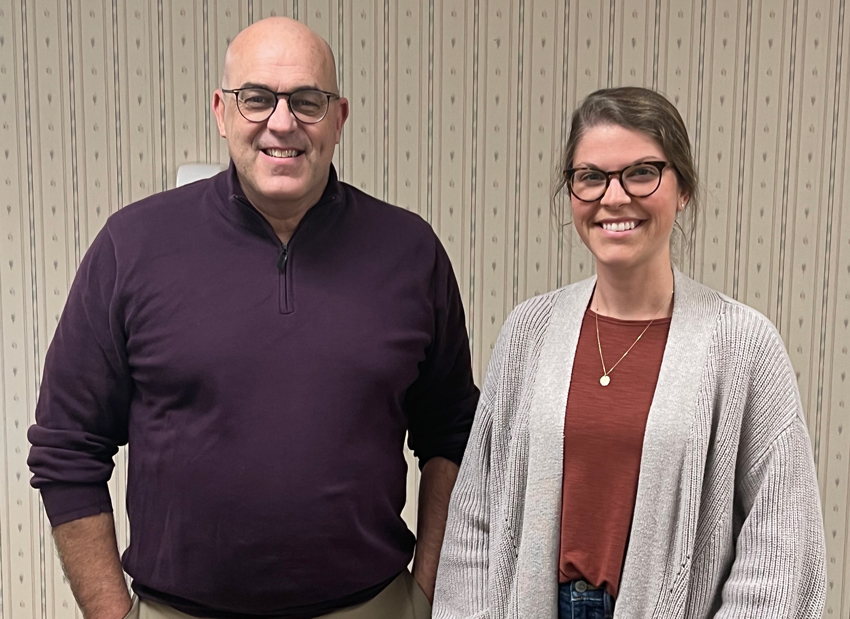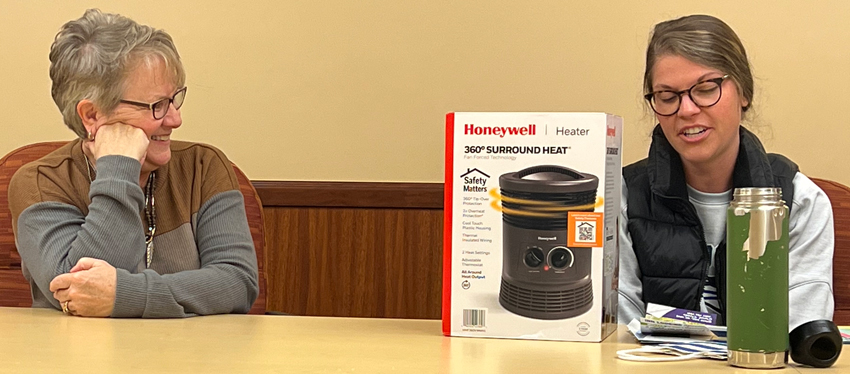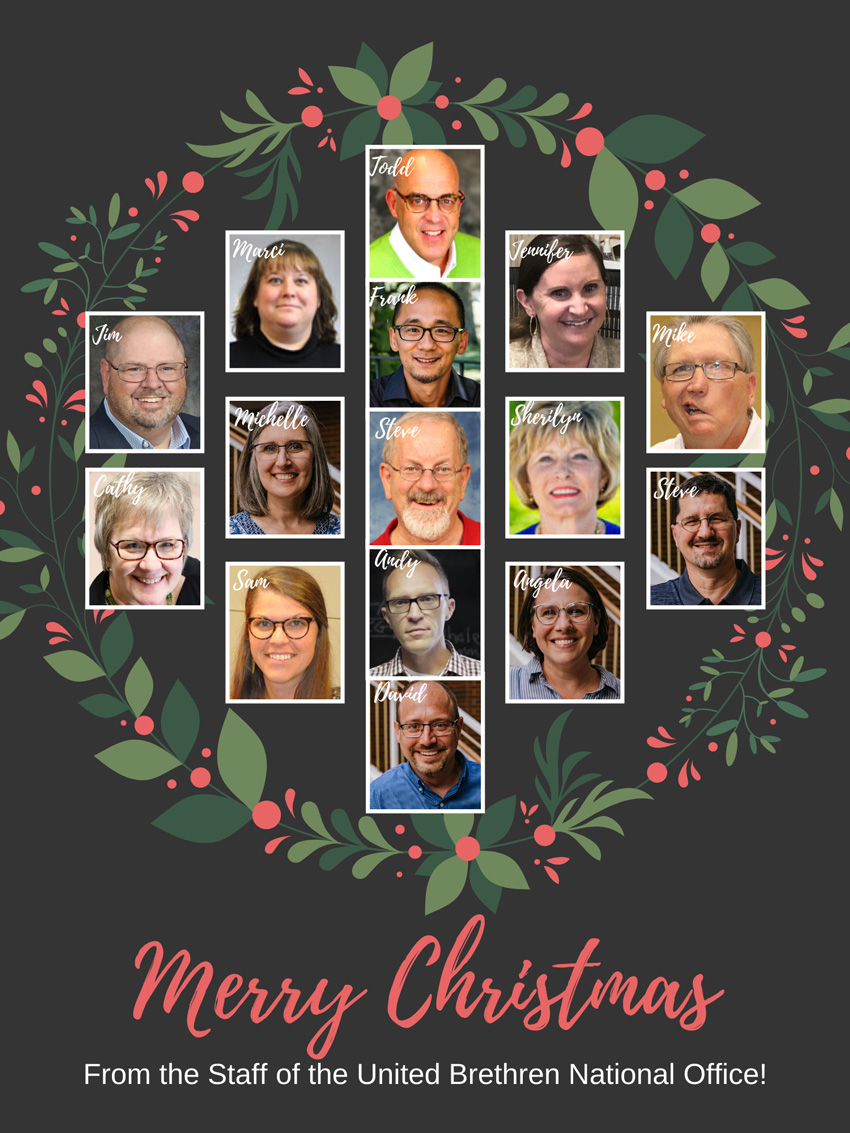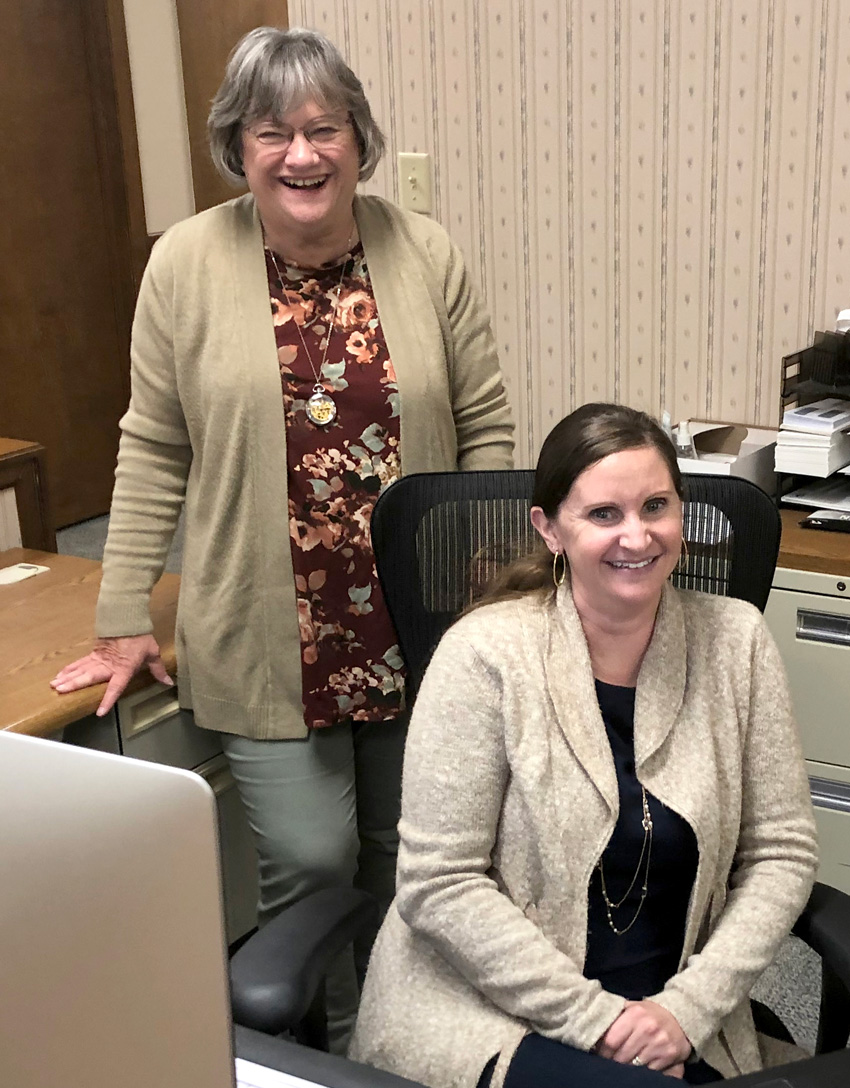August 26, 2021
|
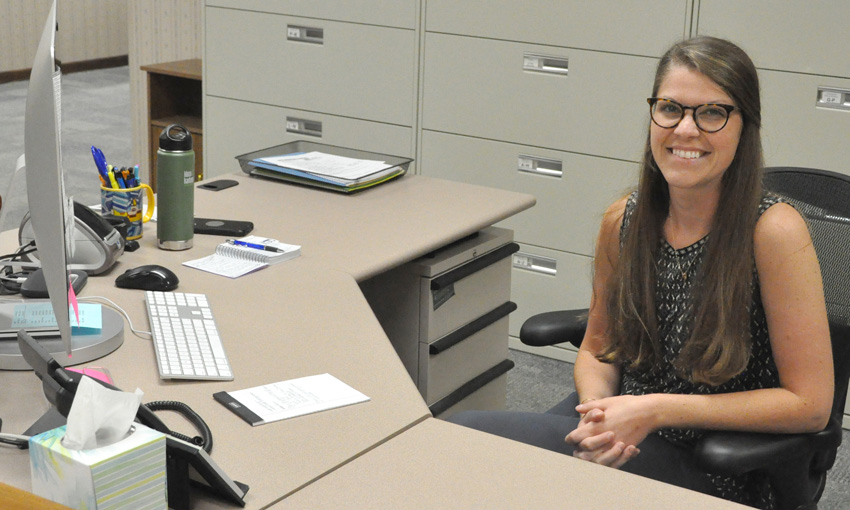
Samantha Essig
Two staff changes are occurring at the United Brethren National Office. Cathy Reich, who has been administrative assistant to the bishop since 2007, is transitioning to a new role: Events Coordinator. Taking her place as administrative assistant, as of August 16, is Samantha “Sam” Essig.
Samantha was born and raised in Huntington, Ind. Her paternal grandfather, George Brown, is a brother of UB missionary June Brown.
She graduated from Huntington University in 2013 with a degree in Psychology, and two years later married Jake, a 2014 HU grad. They moved away for a while, but returned to the area in 2020 after Jake was named soccer coach at the University of St. Francis in Fort Wayne, Ind.
Samantha has spent two stints as an admissions counselor for Huntington University, about two years total. That’s what she was doing since the beginning of 2021, before the position at the UB National Office opened up.
We welcome Samantha to the UB team. As administrative assistant, she will interact regularly with United Brethren ministers and other leaders.
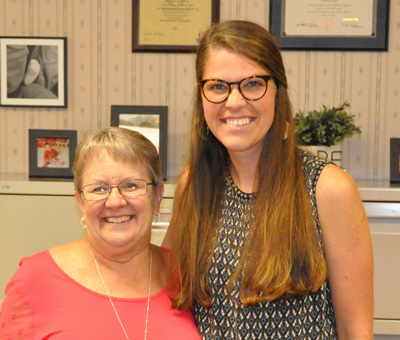
Cathy Reich (left) and Samantha Essig
nearly 25 years working at the denominational office. In 1975, as a student at Huntington University, she began working in the UB printshop, and continued doing so until the 1981 General Conference voted to close the printshop. She then became administrative assistant to Paul Hirschy, who had just been elected Director of Church Services. She left that job in January 1984 upon the birth of the first of her three children.
In November 2007, Cathy returned to the UB National Office as administrative assistant to Bishop Ron Ramsey. She continued in that role with Bishop Phil Whipple and then with Bishop Todd Fetters.
Organizing events became a major aspect of Cathy’s job. The flagship event is the US national conference, which occurs every two years. But there are many other events, including the UB women’s conference, the pastor & spouse summits, the annual youthworkers summit, ministry team meetings, and other gatherings. Cathy scouts locations, negotiates with hotels and convention centers, oversees event planning and registration, and handles many other responsibilities related to UB events. Over the years, Cathy has acquired considerable expertise, knowledge, and savvy when it comes to the various types of UB gatherings.
As Events Coordinator, Cathy will focus solely on these meetings. It’s a part-time position which she will do remotely, without an office at the UB headquarters. But she’ll still be around, close at hand, continuing to advance the work of the United Brethren church.
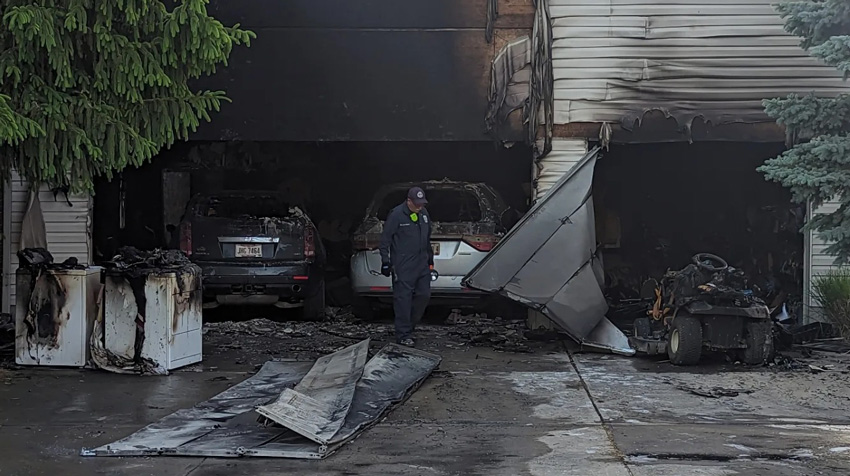
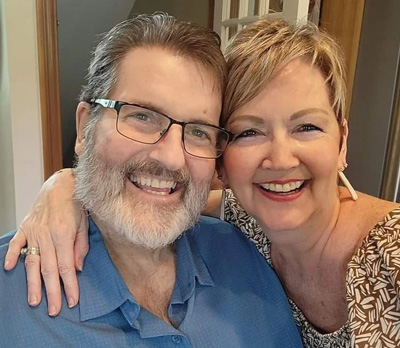

 Bishop Todd Fetters has announced that Brian Biedenbach (right) has been hired as the new Director of Communications for the US National Conference. He will take the place of Steve Dennie, who will retire on August 31 after 45 years at the UB National Office. Brian will begin sometime after the US National Conference meeting in July.
Bishop Todd Fetters has announced that Brian Biedenbach (right) has been hired as the new Director of Communications for the US National Conference. He will take the place of Steve Dennie, who will retire on August 31 after 45 years at the UB National Office. Brian will begin sometime after the US National Conference meeting in July.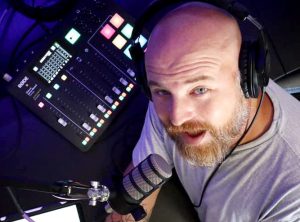
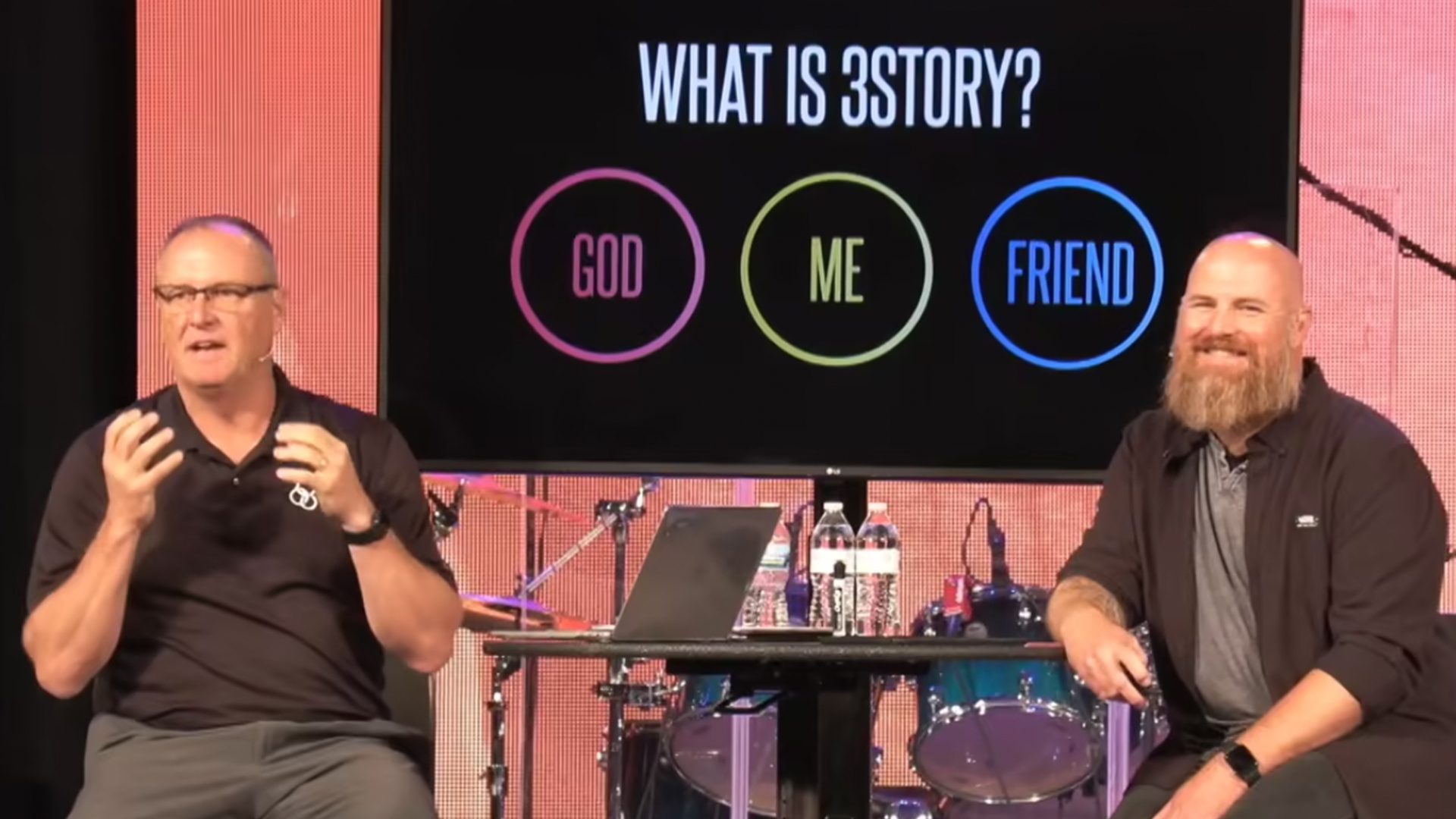
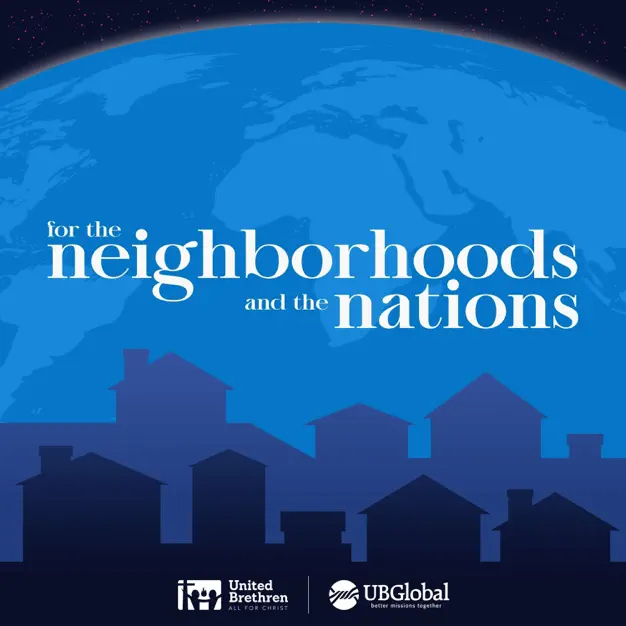
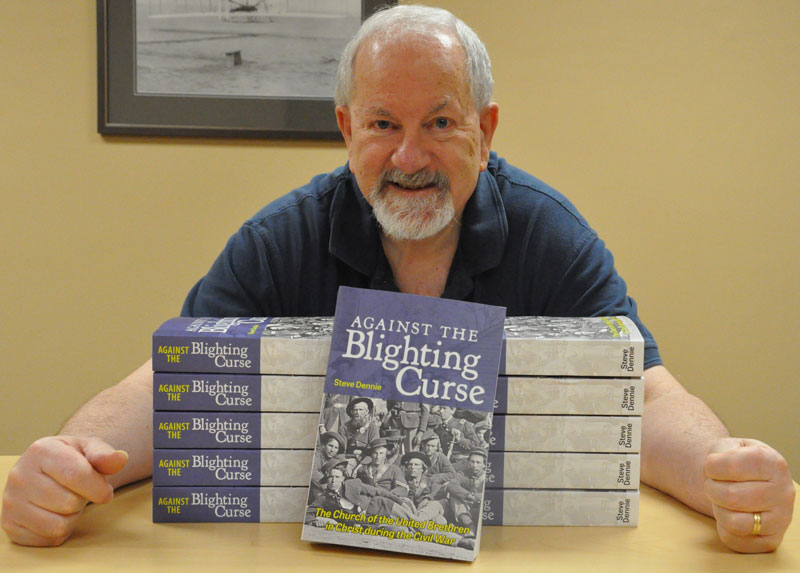
 Jamie Hoffman joined the Headquarters staff on November 28, 2022. As administrative assistant to the bishop, she interacts regularly with UB ministers, church leaders, cluster leaders, and leadership teams.
Jamie Hoffman joined the Headquarters staff on November 28, 2022. As administrative assistant to the bishop, she interacts regularly with UB ministers, church leaders, cluster leaders, and leadership teams.